
Communities Are Embracing ‘Controlled Burns’ to Protect Themselves
Decades of suppressing fires has led to overgrown forests, and a warming climate has increased the intensity and frequency of wildfires.

Decades of suppressing fires has led to overgrown forests, and a warming climate has increased the intensity and frequency of wildfires.
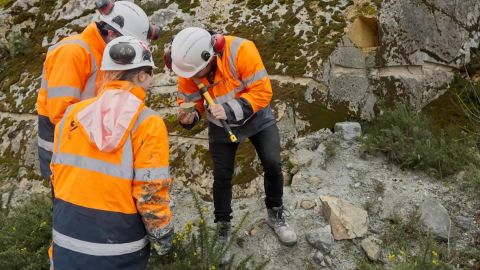
As the global energy transition accelerates, governments are supporting businesses that can help transform their transportation sectors.

From gas-guzzling tour buses to concession stands loaded with single-use plastic water bottles, concert tours aren’t exactly easy on the environment. But now, a movement to make touring more climate-friendly is empowering musicians to not only talk about issues like…
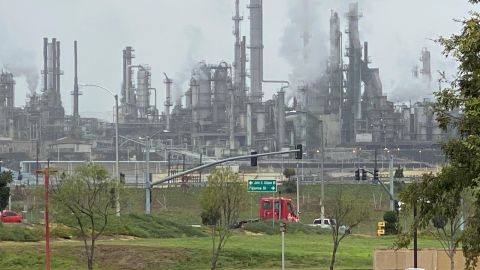
More than seven million Californians live within a mile of an oil or gas well, which studies show can create silent health hazards. Now, there are efforts to put more distance between people and pollutants. NewsHour Weekend Special Correspondent Tom…

The Gulf of Maine is one of the fastest warming bodies of saltwater on the planet. In Portland, Maine, sea levels are expected to rise 10 to 17 inches by 2030 from the levels in 2000. Christopher Booker reports on…

A new kind of construction with a not-so-new material is taking off in the U.S. Mass timber can replace steel and concrete in large buildings and proponents say it's greener and faster to build with. NewsHour Weekend Special Correspondent Megan…

Biden's infrastructure bill includes $50 billion for climate resiliency funding to help mitigate and adapt to global warming. Tom Casciato reports on a unique partnership in California that uses behavioral science and cultural awareness in climate studies to help communities…
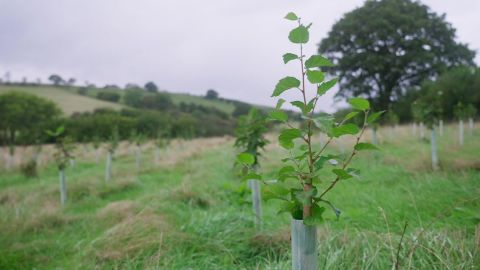
In the race to reach carbon neutrality, the British government and other private stakeholders have set out on a daunting task: reforesting Great Britain by planting around 75,000 acres of woodland each year by 2025. The goal is to off-set…

On the southern end of Lake Michigan, Indiana Dunes National Park has seen the water levels rise five feet since 2014, hastened by human-made structures and an increase in storms brought on by climate change. Higher water marks mean more…
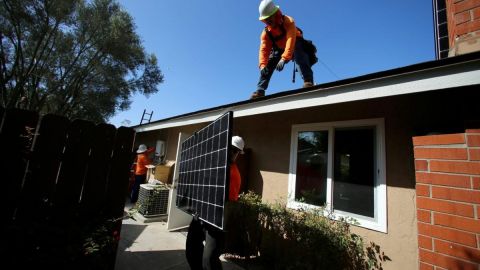
A landmark climate report released this month by the United Nations predicted dire consequences for the world if more is not done to reduce CO2 levels in the atmosphere. More than 100 countries including the U.S. have committed to a…
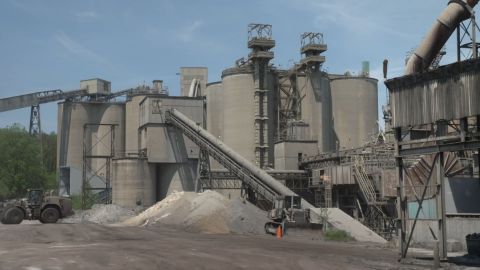
After water, concrete is the most consumed substance on the planet and its production is expected to grow to 5.5 billion tons by 2050. But its production, which involves cement, comes at a huge environmental cost -- accounting for almost…
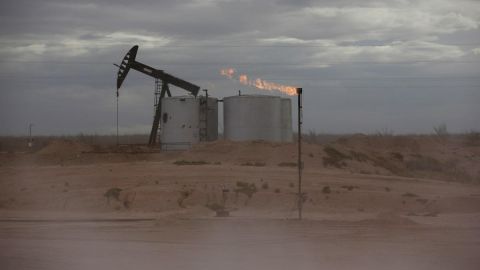
Our partners at PBS Newshour Weekend delve into the nebulous, confusing world of American recycling.